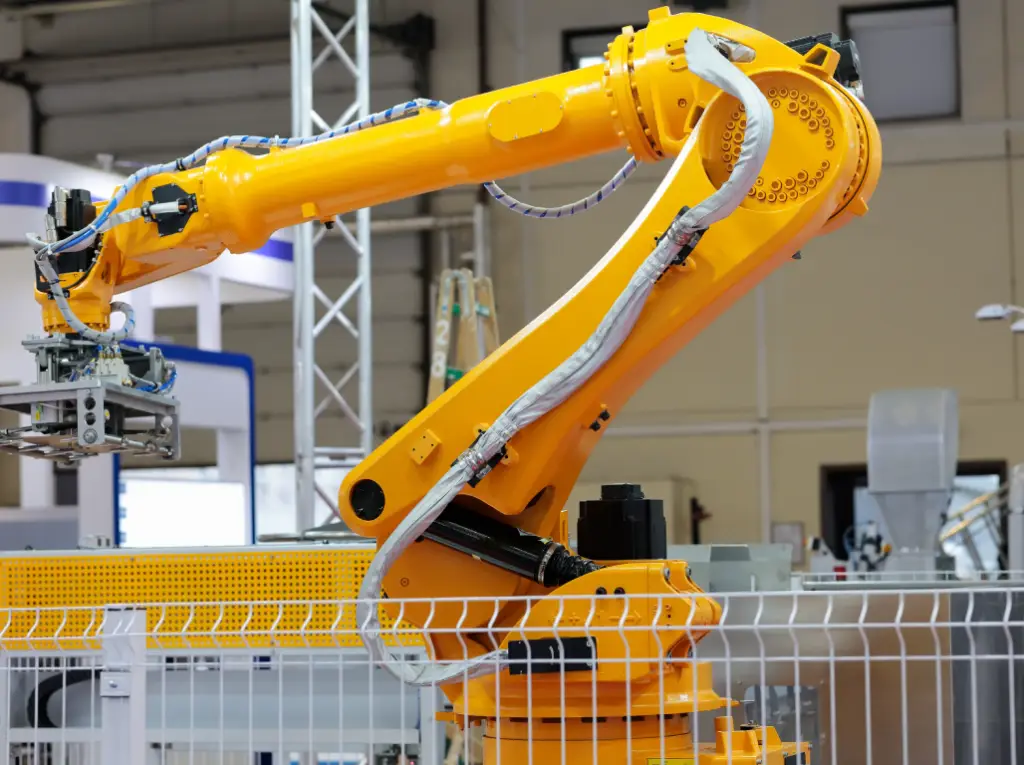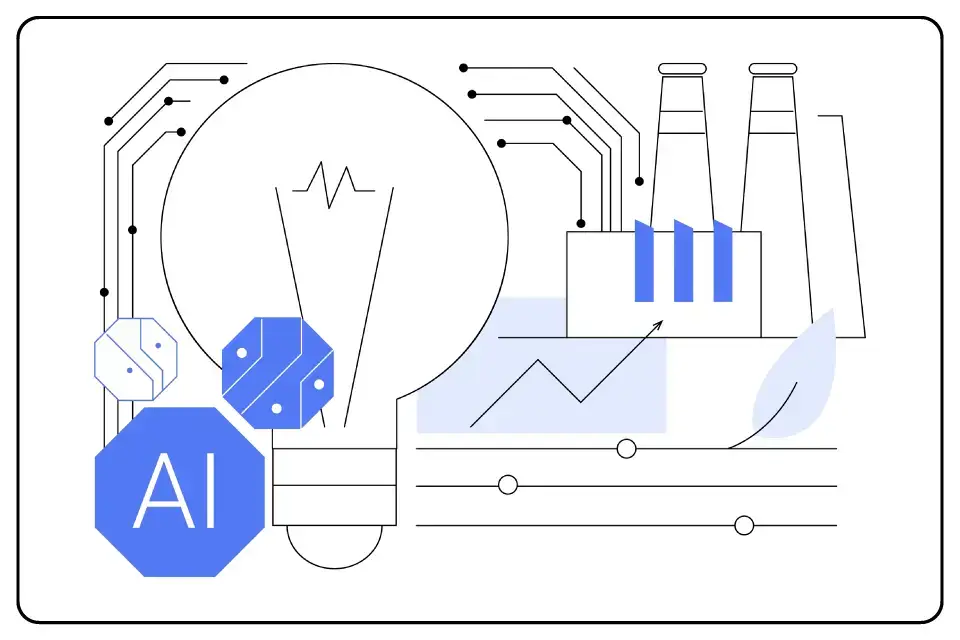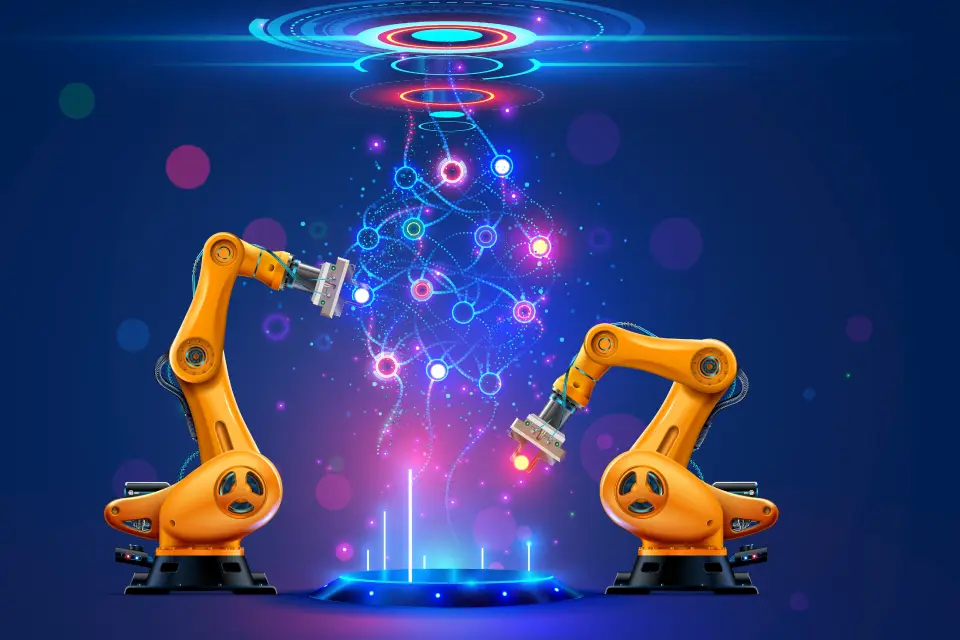Artificial Intelligence, or AI, is reshaping the landscape of manufacturing by improving efficiency and productivity in unprecedented ways. From predictive maintenance to quality control and supply chain optimization, AI technologies are becoming integral components of smart manufacturing systems. The deployment of machine learning, computer vision, and robotics is transforming traditional production processes, resulting in enhanced decision-making, reduced downtime, and increased throughput. Let’s explore the technical aspects of AI in manufacturing efficiency and how it contributes to operational excellence.
AI-Driven Predictive Maintenance
Predictive maintenance is one of the most notable applications of AI in manufacturing efficiency. In traditional maintenance models, machines are serviced either after or at scheduled intervals, also known as preventive or predictive maintenance. However, these methods can lead to unplanned downtime or inefficient use of resources.
AI-powered predictive maintenance models use real-time data from sensors installed on machinery to detect potential failure points. Techniques like anomaly detection and time-series analysis allow manufacturers to anticipate equipment failures before they occur. For instance, machine learning algorithms can analyze vast amounts of data, such as temperature fluctuations, vibration patterns, and operational wear, to predict when and where failures are likely to happen. This predictive capability can result in a 10-40% reduction in downtime and a 5-10% increase in machine life, according to industry estimates.
Autonomous Production Systems and Robotics
Another major contributor to manufacturing efficiency is the integration of AI-driven robotics and autonomous systems. Traditional manufacturing lines rely heavily on human oversight for quality control, process adjustments, and task coordination. However, AI-enabled robotic systems are capable of self-monitoring, learning from data, and autonomously optimizing their operations.
Robotic Process Automation, or RPA, is an AI technology that allows robots to perform repetitive tasks with minimal human intervention. Through reinforcement learning and computer vision, these robots can quickly adapt to new tasks and learn from mistakes, resulting in reduced cycle times and higher throughput. AI-driven collaborative robots, or “cobots,” can work alongside humans in flexible manufacturing environments, increasing efficiency by handling more dangerous or tedious tasks.

AI in robotics extends beyond production lines. Advanced AI algorithms are also used to coordinate fleets of Autonomous Guided Vehicles, or AGVs, that optimize material flow within factories, ensuring that parts and products move seamlessly through the production cycle without bottlenecks.
Quality Control and Defect Detection
AI has also revolutionized the quality control process in manufacturing. Traditionally, quality checks have been manual, prone to human error, and often inefficient when dealing with large volumes of products. AI-driven computer vision systems, however, provide real-time, high-accuracy defect detection, leading to significant improvements in product quality and production speed.
Machine learning models can be trained to identify defects by analyzing images from production lines and flagging anomalies. For example, Convolutional Neural Networks, or CNNs, are a type of deep learning architecture that are widely used for visual inspection tasks. These systems can identify even the smallest defects, such as cracks, surface blemishes, or assembly errors, at speeds far beyond human capabilities. By implementing AI-based quality control, manufacturers can achieve faster detection times, improve yield rates, and reduce waste, ultimately boosting profitability.
Supply Chain Optimization
AI’s influence extends beyond the factory floor, with significant impacts on supply chain management. In today’s globalized market, supply chains are complex and involve multiple stakeholders. AI algorithms are helping manufacturers optimize logistics, inventory management, and demand forecasting.
For instance, machine learning models can predict demand fluctuations based on market trends, historical sales data, and even external factors such as weather conditions. This allows manufacturers to maintain optimal inventory levels, reducing the risk of overproduction or stock shortages. AI-powered supply chain optimization tools can also dynamically adjust production schedules to account for changes in raw material availability or transportation delays, ensuring that manufacturing processes remain uninterrupted.
AI-based decision support systems enhance collaboration between suppliers, manufacturers, and distributors by providing real-time visibility into each step of the supply chain. This level of transparency reduces lead times, enhances communication, and improves overall supply chain resilience.
Human-AI Collaboration in Smart Manufacturing
While AI enhances automation, it does not replace human expertise. In fact, the most effective AI applications in manufacturing result from human-AI collaboration. AI systems excel at processing vast amounts of data and automating repetitive tasks, but humans are essential for overseeing complex decisions and creative problem-solving. For instance, engineers use AI tools for predictive analytics and process optimization, but their domain expertise is crucial for refining AI models and interpreting nuanced results. As AI technologies become more integrated into manufacturing systems, a workforce skilled in AI-driven tools will become increasingly important, ensuring that AI and human operators work together to push the boundaries of productivity and innovation.
Conclusion
Artificial Intelligence is proving to be a game-changer in the manufacturing industry by boosting efficiency and productivity at every level. Predictive maintenance reduces machine downtime and extends equipment life; AI-driven robotics enhance production speed and flexibility; computer vision systems improve quality control; and AI algorithms optimize supply chain management. As AI technologies continue to evolve, their integration into manufacturing processes will further streamline operations, reduce costs, and drive innovation.

